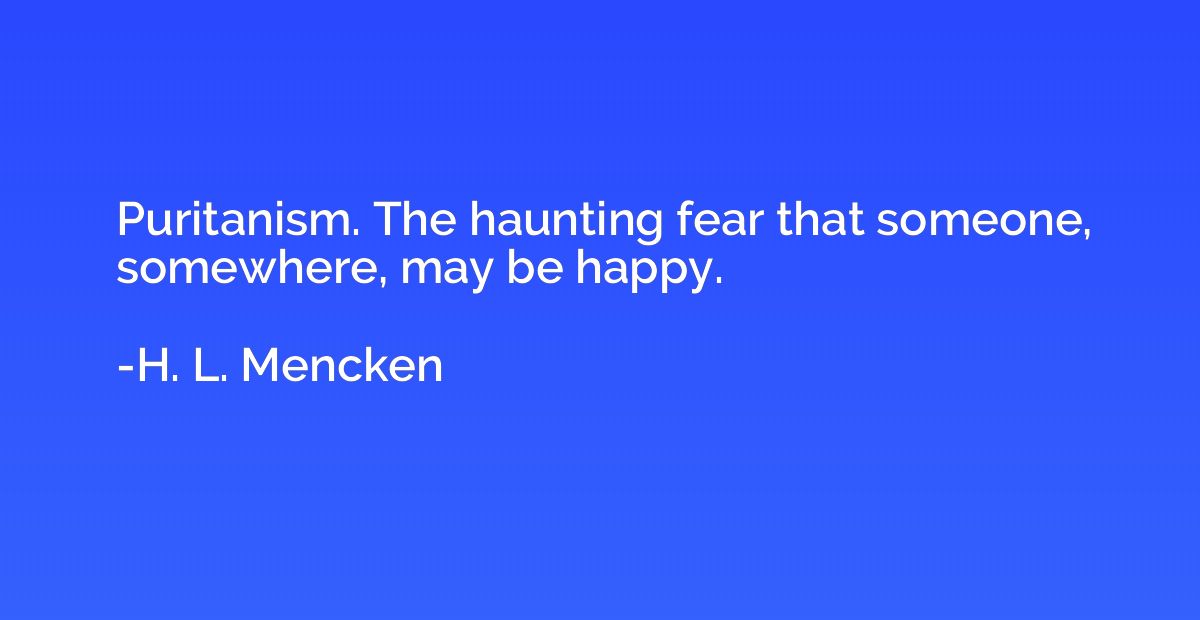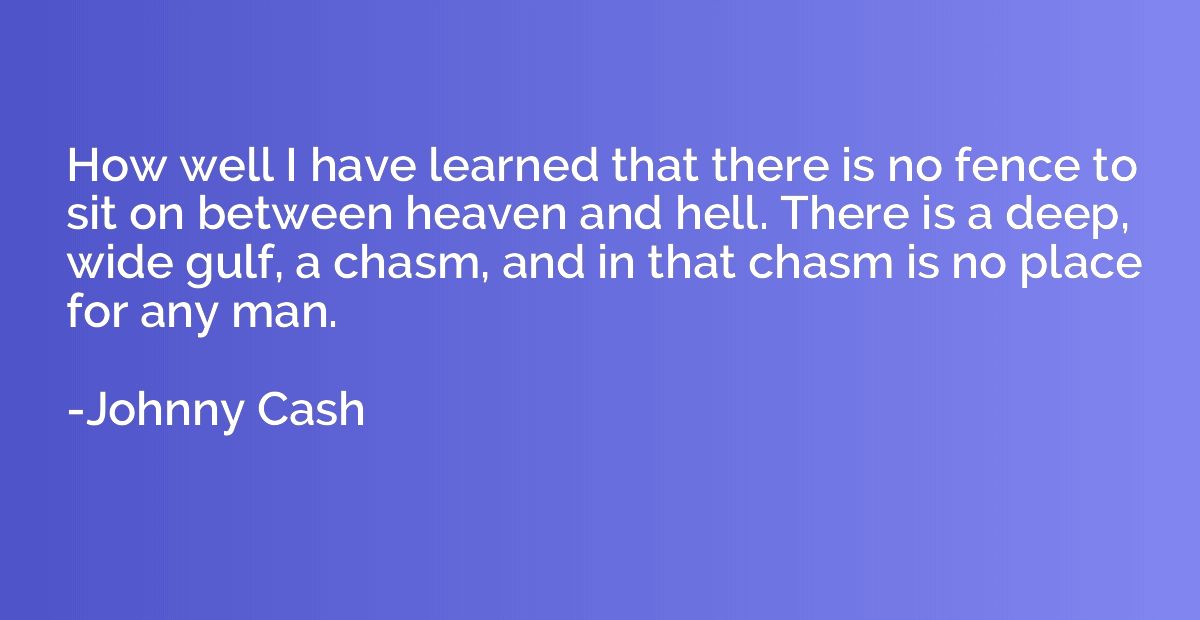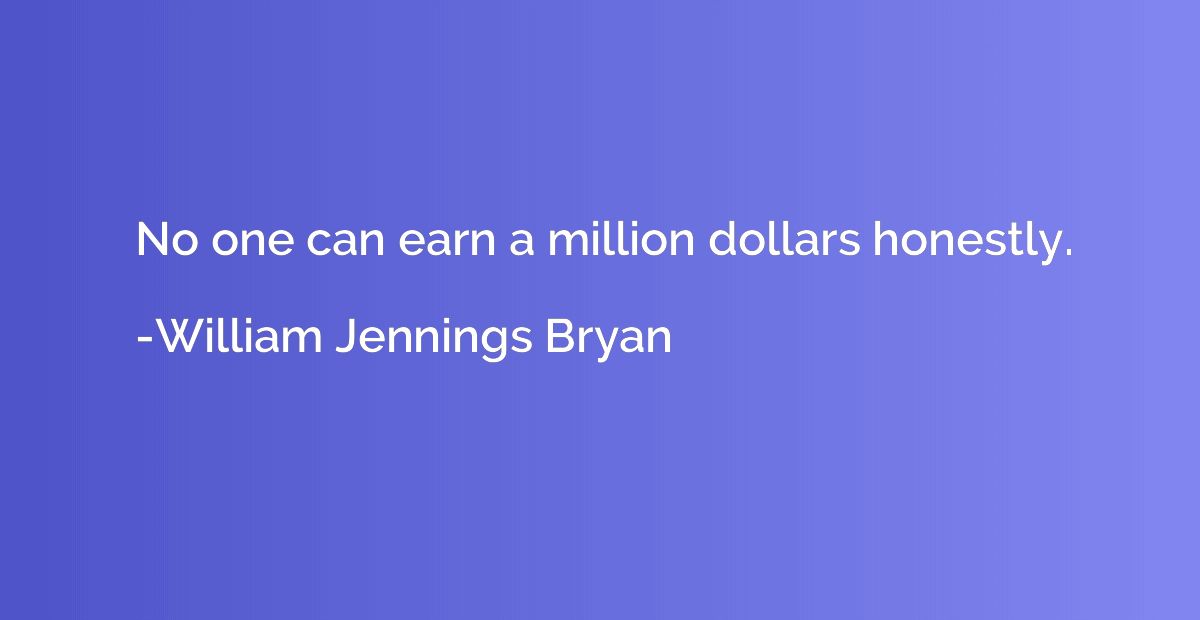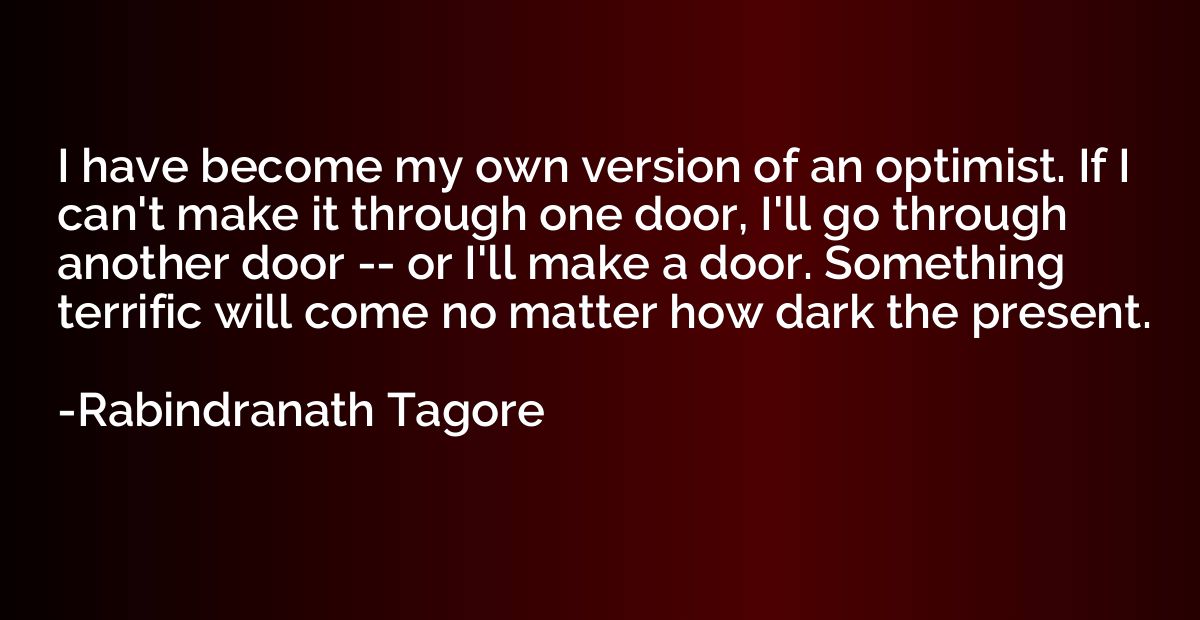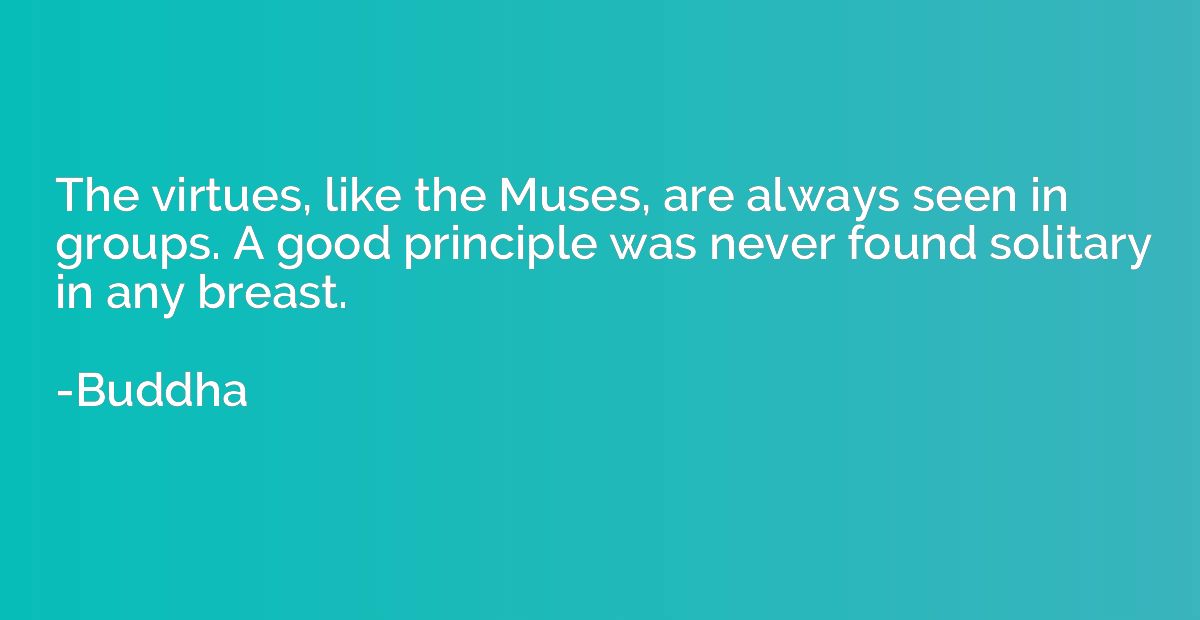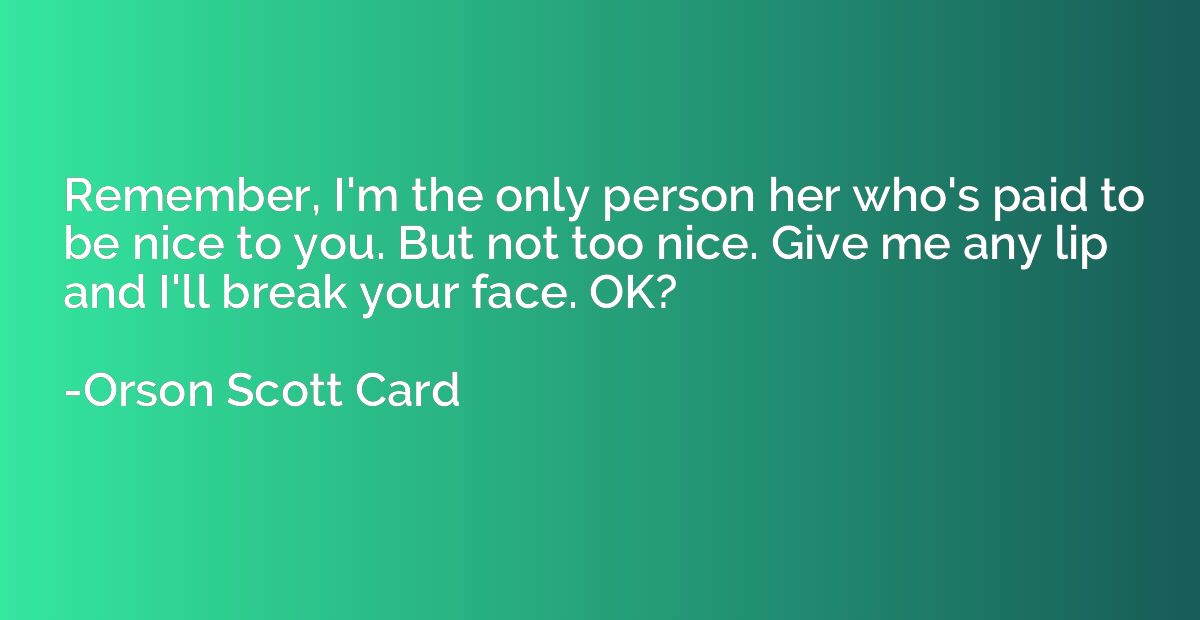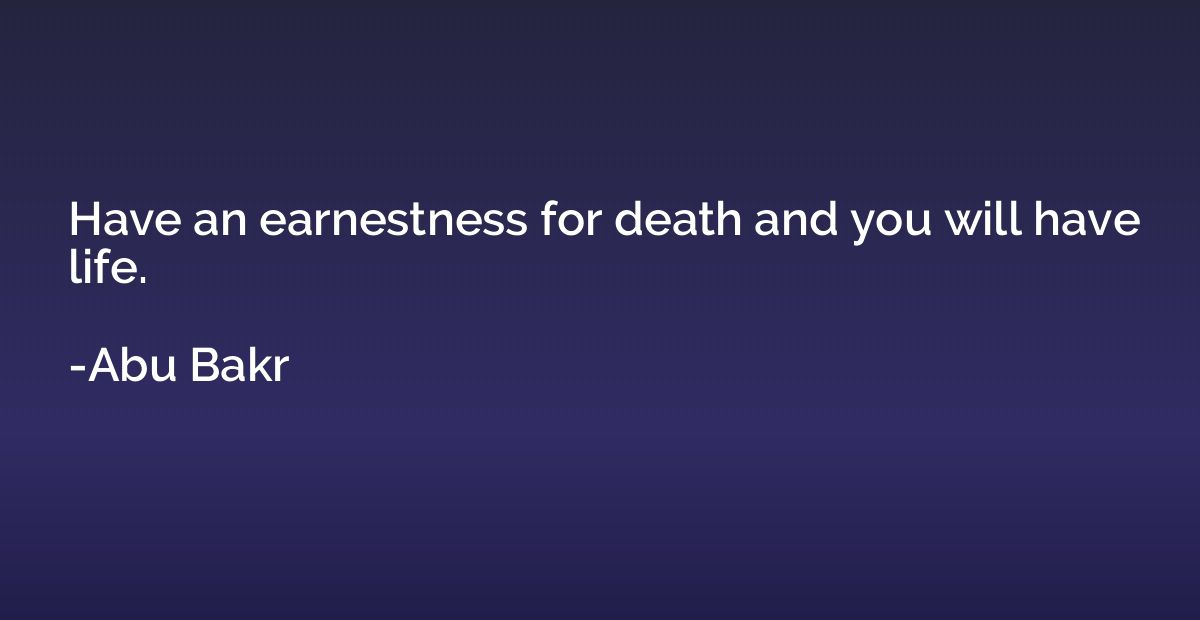Summary
This quote critiques the ideology of Puritanism, which is often associated with strict moral codes and self-denial. It suggests that Puritanism amplifies a pervasive fear that happiness may exist somewhere in the world, despite the Puritans' emphasis on abstinence and denial of earthly pleasures. The quote comments on the potential tendency of Puritanism to discourage or suppress happiness, viewing it as something to be feared rather than embraced.
